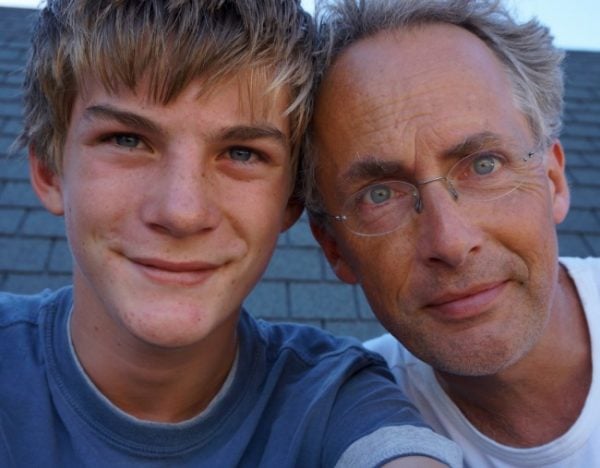
A clinical psychotherapist shares her answer to the question ‘I see signs of narcissistic behaviour in my adopted son sometimes. He is 14 now. How can I help him to be more normal and mentally healthy in the future?’ on Quora.
Many teens can be somewhat narcissistic in general. They are in an important stage of their life where every feeling can feel really “BIG”, every social situation can appear earth shattering, and they are figuring out who they are, what type of identity they want, and imagining who they want to become when “they grow up.” As a parent, it can be very difficult to differentiate between typical teenage narcissistic behaviour, versus behaviour that may be more indicative of future issues with NPD (narcissistic personality disorder).
Regardless, here are some things some of my clients have found useful with their teenager children in similar situations…
Showing more interest in them:
This may sound counterintuitive – but most people (teenagers included), want to feel they matter, that you care about and have a genuine interest in their individual thoughts, feelings, ideas, and preferences, (rather than what they are being told to think, feel, etc.). If you feel they are talking about themselves a lot, this is usually an indicator that they want to feel validated and important, and want more attention. Often, the most supportive thing for them is to listen to them more.
Behaviours vs. personality:
When talking to your son about these issues, make sure you are addressing the problematic behaviours vs. HIM being the problem. Meaning, you can talk about what the boundaries and rules are, but it’s important to remind him that being unhappy with his behaviour does not change that you love him. You can be angry at him in the moment, but still love him and the two are not mutually exclusive. This is especially important as it demonstrates “object constancy”, or the ability to maintain loving feelings towards someone even when hurt or angry with them in the moment. This is often something that adults with NPD struggle with, so it is incredibly beneficial to demonstrate this important concept.




























































































